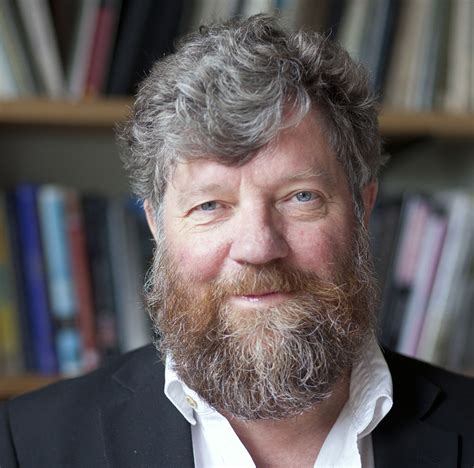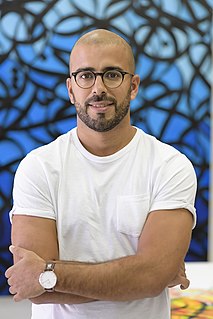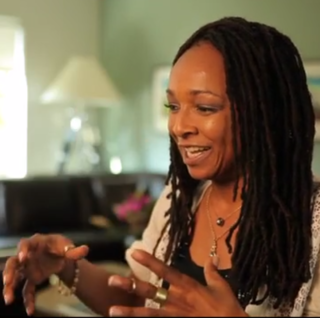A Quote by Barry Jenkins
Not all my work features black actors. I mean, it's funny: someone was reading back to me all the languages that have appeared in my films, whether they were shorts or features. They span Arabic, French, Mandarin, Cantonese - all kinds of languages. I think it's really cool.
Related Quotes
I work in Hebrew. Hebrew is deeply inspired by other languages. Not now, for the last three thousand years, Hebrew has been penetrated and fertilized by ancient Semitic languages - by Aramaic, by Greek, by Latin, by Arabic, by Yiddish, by Latino, by German, by Russian, by English, I could go on and on. It's very much like English. The English language took in many many fertilizations, many many genes, from other languages, from foreign languages - Latin, French, Nordic languages, German, Scandinavian languages. Every language has influences and is an influence.
My parents are European immigrants. And I think as Europeans there are so many languages in close proximity that it's part of the culture to try to learn at least one other language. So my parents really encourage it in the house. Chinese would be really great to learn - like Mandarin or Cantonese. Portuguese would be incredible.
All the kids are learning different languages. I asked them what languages they wanted to learn, and Shi is learning Khmai, which is a Cambodian language; Pax is focusing on Vietnamese, Mad has taken to German and Russian, Z is speaking French, Vivienne really wanted to learn Arabic, and Knox is learning sign language.
If you go back a century in Europe, all over the place people were speaking different languages. There were dozens of languages in France and Italy, and they're all called French [and Italian], but they were not mutually comprehensible. They were different languages. And they have mostly disappeared in the last century or so. Some are being preserved, like Welsh, some are being revived, like Basque or Catelan to some extent. There are plenty of people in Europe who can't talk to their grandmother because they talk a different language.
I couldn't know about my culture, my history, without learning the language, so I started learning Arabic - reading, writing. I used to speak Arabic before that, but Tunisian Arabic dialect. Step by step, I discovered calligraphy. I painted before and I just brought the calligraphy into my artwork. That's how everything started. The funny thing is the fact that going back to my roots made me feel French.
One of the things that was really influential early on was Ezra Pound's Cantos, one poem he worked on for 50 years. It's epic. I had a great deal of difficulty understanding it. One of the problems was you'd be reading along in English and he would move to a Chinese ideogram or French-he actually used seven different languages in a given poem. And for somebody who's not fluent in different languages it has the impact of rupturing your way of understanding something.
Developing fewer features allows you to conserve development resources and spend more time refining those features that users really need. Fewer features mean fewer things to confuse users, less risk of user errors, less description and documentation, and therefore simpler Help content. Removing any one feature automatically increases the usability of the remaining ones.
We with Michael Jackson were in the studio recording some work on "Man in the Mirror" or the duet. I can't remember which it was. We did the duet in three languages: English, French and Spanish. So, I spent like a week with him in the studio doing the three songs in different languages. It was just an awesome experience recording with him.
Writing in African languages became a topic of discussion in conferences, in schools, in classrooms; the issue is always being raised - so it's no longer "in the closet," as it were. It's part of the discussion going on about the future of African literature. The same questions are there in Native American languages, they're there in native Canadian languages, they're there is some marginalized European languages, like say, Irish. So what I thought was just an African problem or issue is actually a global phenomenon about relationships of power between languages and cultures.





































